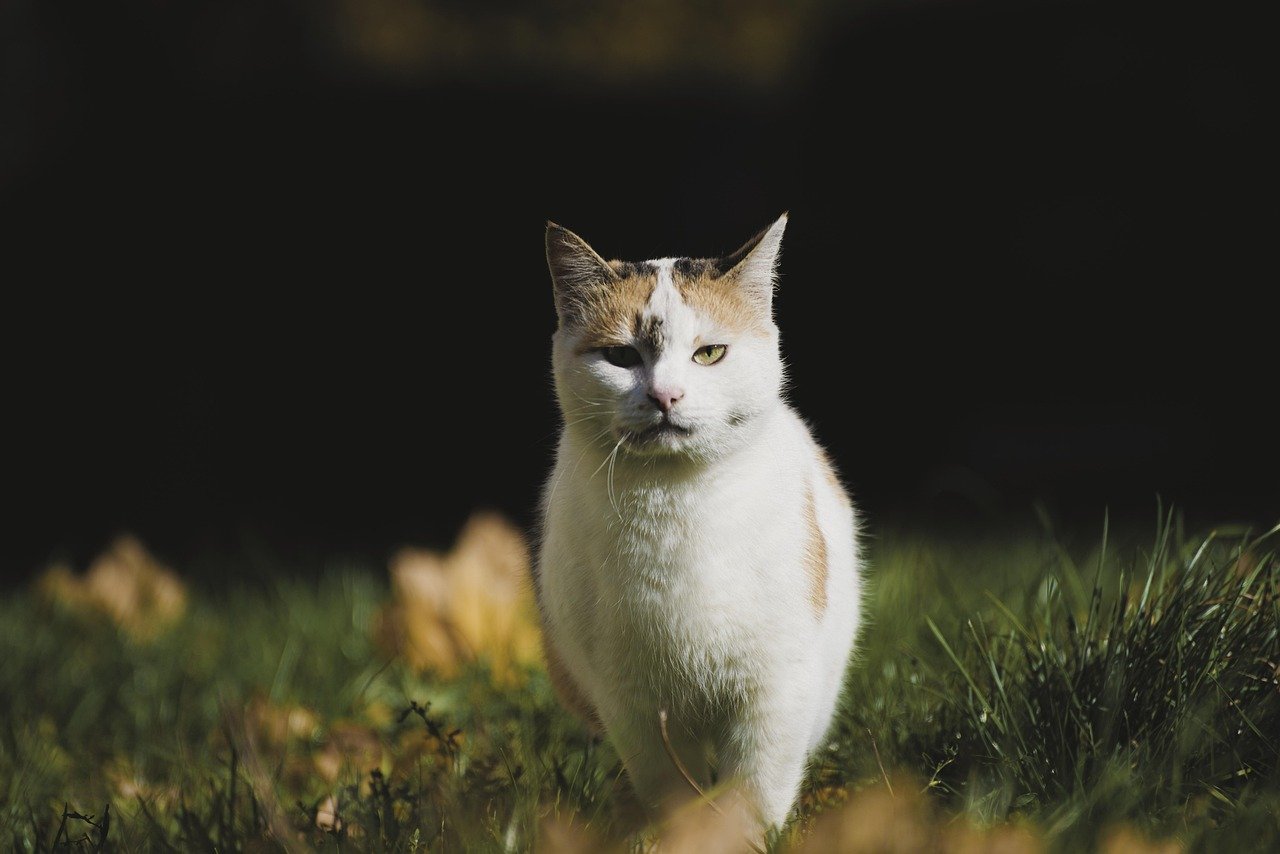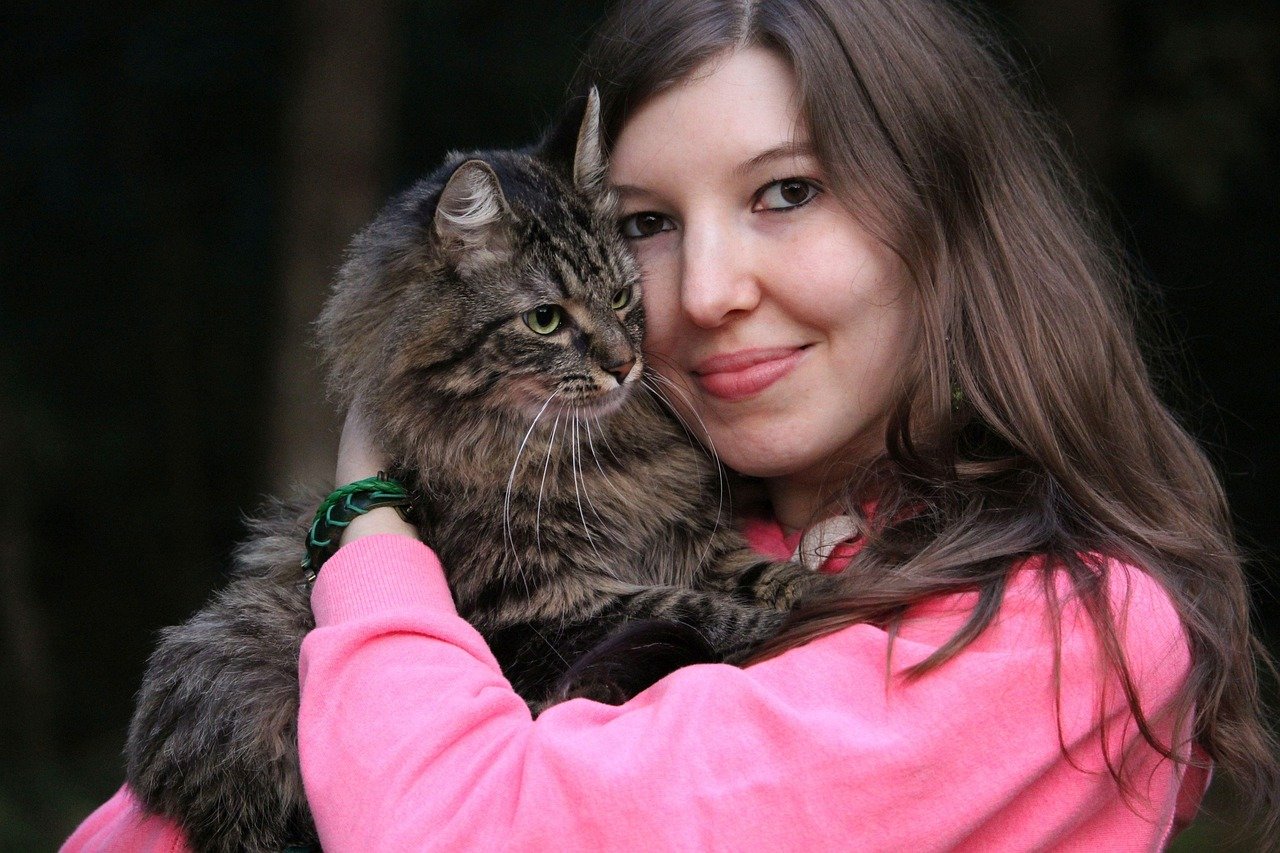Cats have long been cherished companions, their mysterious allure captivating the hearts of countless pet owners. Yet, a question that often arises among cat enthusiasts is whether male cats are more affectionate and loyal than their female counterparts. This intriguing topic stirs the curiosity of many and invites a closer look into the feline world. Cats, with their enigmatic personalities, are a source of endless fascination, and understanding the nuances of their behavior can deepen our connection with these beloved animals. So, let’s embark on this delightful journey to unravel the truth behind the affections and loyalties of male and female cats.
Understanding Feline Behavior

It’s a question many cat lovers have pondered: when it comes to affection and loyalty, do male cats have the edge? While every feline is unique, some pet owners and experts believe that male cats tend to be more openly cuddly, people-oriented, and loyal than their female counterparts. But is it really a matter of gender—or simply personality and environment?
To truly grasp the essence of feline affection and loyalty, it’s crucial to first understand the behavior of cats in general. Cats are naturally independent creatures, often perceived as aloof or distant. However, their behavior is a complex tapestry woven from instinct, environment, and individual personality. While some cats may appear standoffish, others can be incredibly affectionate, seeking constant companionship. This wide range of behaviors is what makes cats so intriguing. It’s important to remember that each cat, regardless of gender, is unique, and their behavior may not necessarily align with general stereotypes.
The Role of Gender in Cat Behavior
When it comes to understanding whether male cats are more affectionate and loyal than females, it’s essential to consider the role of gender in cat behavior. While gender can influence certain traits, it is not the sole determinant of a cat’s personality. Male cats are often described as more laid-back and sociable, whereas female cats might be seen as more independent and reserved. However, these are broad generalizations, and individual personalities can vary significantly. The environment, upbringing, and socialization of a cat play a significant role in shaping their behavior, sometimes even more so than their gender.
Affection in Male Cats
Male cats are often considered to be more affectionate than their female counterparts. This perception might stem from their tendency to seek out human interaction and enjoy physical contact. Many male cats are known for their love of cuddling and their willingness to follow their owners around the house. They often form strong bonds with their human companions, displaying affection through purring, headbutting, and kneading. However, it’s important to note that not all male cats exhibit these behaviors, as each cat is an individual with its own unique personality.
Affection in Female Cats

While male cats may have a reputation for being more affectionate, female cats can also be incredibly loving and loyal. Female cats are often perceived as more independent, but this does not mean they are devoid of affection. Many female cats form deep attachments to their owners, showing their love through gentle nuzzles, purring, and following their humans around. They may be more selective in their displays of affection, but when they choose to show it, their love is just as genuine and profound as that of male cats. Understanding and respecting their boundaries can lead to a rewarding and affectionate relationship.
Loyalty in Male Cats
Loyalty in male cats is often characterized by their desire to be close to their human companions. Male cats are known for their tendency to follow their owners from room to room, showing a steadfast devotion that endears them to many. This loyalty can manifest in various ways, such as greeting their owners at the door, seeking out their company, or even attempting to comfort them when they sense distress. However, it’s important to recognize that loyalty is not exclusive to male cats, and many female cats can exhibit similar behaviors.
Loyalty in Female Cats
Female cats, though often seen as more independent, can also display remarkable loyalty to their owners. Their loyalty may be less overt than that of male cats, but it is no less genuine. Female cats often form strong bonds with their human companions, showing their loyalty through consistent companionship and gentle affection. They may be more reserved in their displays of loyalty, but their devotion is evident in their desire to be near their owners and their willingness to engage in affectionate behaviors. Understanding the subtle ways in which female cats express loyalty can lead to a deeper appreciation of their unique personalities.
Influence of Neutering and Spaying
The influence of neutering and spaying on a cat’s behavior is a crucial factor to consider when discussing affection and loyalty. Neutered male cats are often more relaxed and less territorial, which can lead to increased affectionate behavior. Similarly, spayed female cats may exhibit a calmer demeanor, making them more open to forming strong bonds with their owners. These procedures can significantly impact a cat’s temperament, often leading to a more affectionate and loyal disposition. However, it’s important to remember that individual personality still plays a significant role, and not all cats will respond in the same way.
The Impact of Environment and Socialization
A cat’s environment and socialization play a significant role in shaping their behavior, often more so than gender. Cats that are raised in loving, nurturing environments where they receive ample attention and social interaction are more likely to be affectionate and loyal, regardless of their gender. Socialization from a young age can also influence a cat’s willingness to engage with humans and form strong bonds. Providing a stable, enriching environment with plenty of positive interactions can foster a loving and loyal relationship with your cat, whether male or female.
Individual Personality Matters

Ultimately, the question of whether male cats are more affectionate and loyal than female cats boils down to individual personality. Cats, like humans, are unique individuals with distinct traits and preferences. While gender can influence certain aspects of behavior, it is not the sole determinant of a cat’s affection and loyalty. Some male cats may be aloof, while some female cats may be incredibly affectionate, and vice versa. Understanding and appreciating the individuality of each cat is key to forming a strong, loving bond with your feline companion.
Conclusion: Embracing the Unique Love of Cats
In conclusion, while there may be general perceptions about the affection and loyalty of male versus female cats, the reality is that each cat is a unique individual with its own personality. Gender can influence behavior, but it is just one of many factors that contribute to a cat’s temperament. By understanding and respecting the individuality of each cat, we can form deep, meaningful connections with our feline friends. So, whether your cat is male or female, embrace their unique love and cherish the special bond you share.





